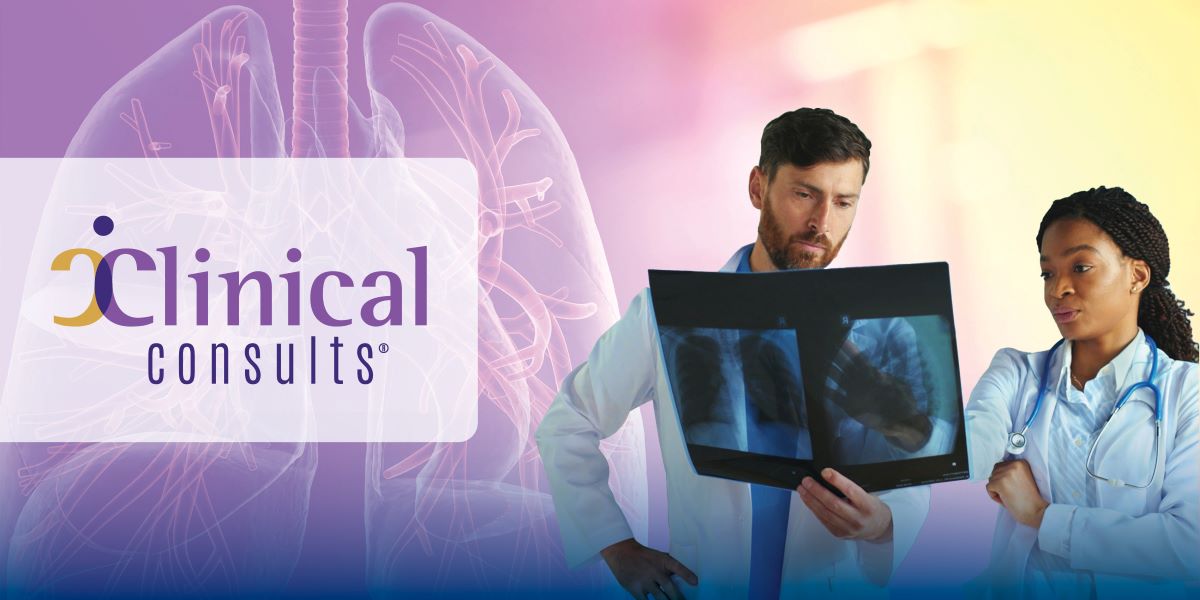
Asthma is a heterogeneous disease involving multiple inflammatory pathways. While many patients can be successfully treated, others suffer from severe or difficult-to-control disease, compounded by multiple atopic conditions, and a poor quality of life. In this interprofessional panel, experts will discuss the different phenotypes and endotypes of asthma, how they affect therapy, the role of biologics in the treatment of severe or uncontrolled asthma, impact comorbid atopy can have on management and quality of life, and how we can work together as a healthcare team to manage severe and difficult-to-treat asthma.
Upon completion of this activity, participants should be better able to:

Professor, Medicine
Director, Cohen Family NJH Asthma Institute
Associate Vice President, Innovation and Industry Relations
Division of Pulmonary, Critical Care and Sleep Medicine
National Jewish Health
Denver, CO

Professor, Medicine
Cleveland Clinic Lerner College of Medicine
Chair, Department of Allergy and Clinical Immunology
Respiratory Institute, Cleveland Clinic
Cleveland, OH

Family Nurse Practitioner
Division of Pulmonary, Critical Care & Sleep Medicine
Department of Medicine
National Jewish Health
Denver, CO

This educational activity may contain discussion of published and/or investigational uses of agents that are not indicated by the FDA. The planners of this activity do not recommend the use of any agent outside of the labeled indications. The opinions expressed in the educational activity are those of the faculty and do not necessarily represent the views of the planners. Please refer to the official prescribing information for each product for discussion of approved indications, contraindications, and warnings.
Participants have an implied responsibility to use the newly acquired information to enhance patient outcomes and their own professional development. The information presented in this activity is not meant to serve as a guideline for patient management. Any procedures, medications, or other courses of diagnosis or treatment discussed or suggested in this activity should not be used by clinicians without evaluation of their patient’s conditions and possible contraindications and/or dangers in use, review of any applicable manufacturer’s product information, and comparison with recommendations of other authorities.
Featured RMEI CE Activities
Stay up to date with the latest RMEI CE Activities and receive Exclusive Medical Education Resources